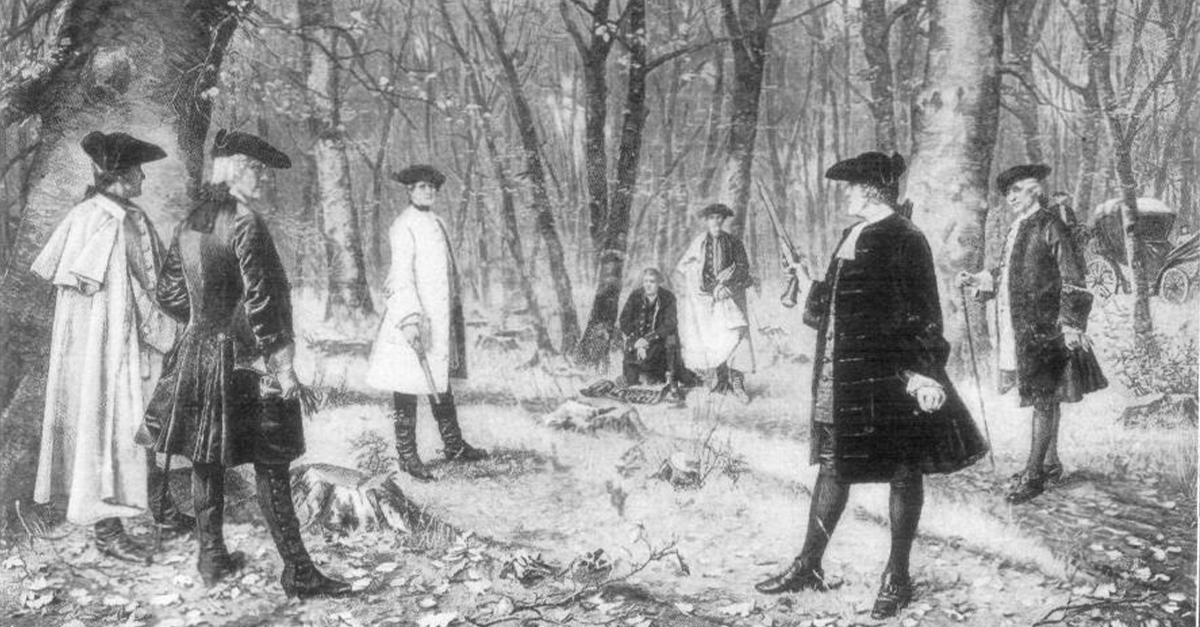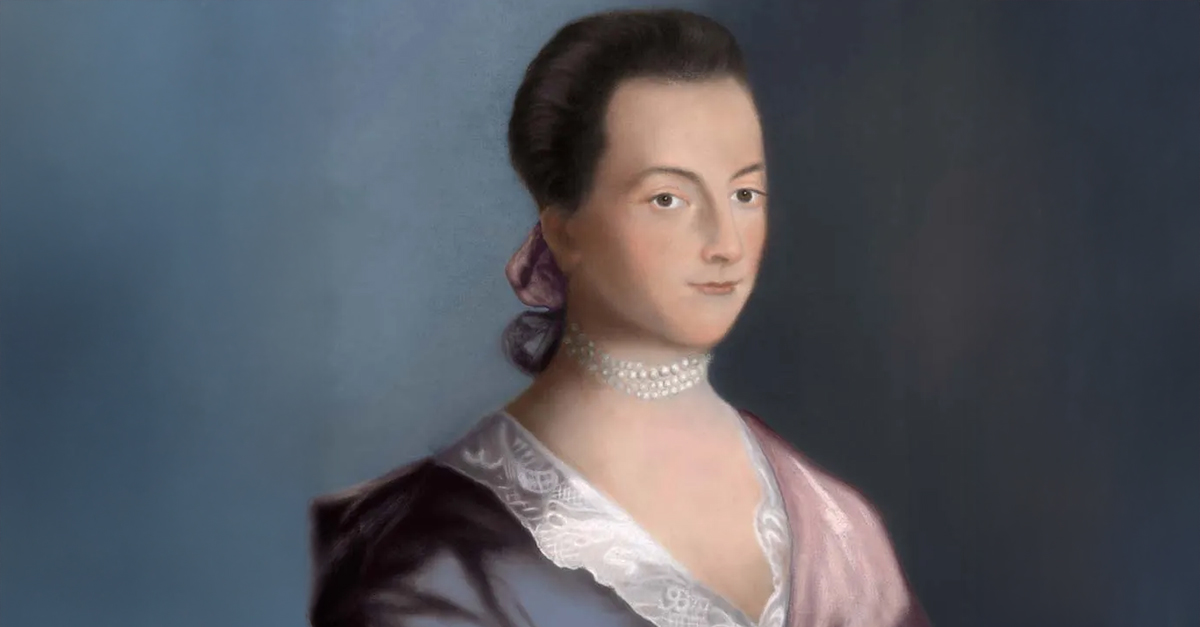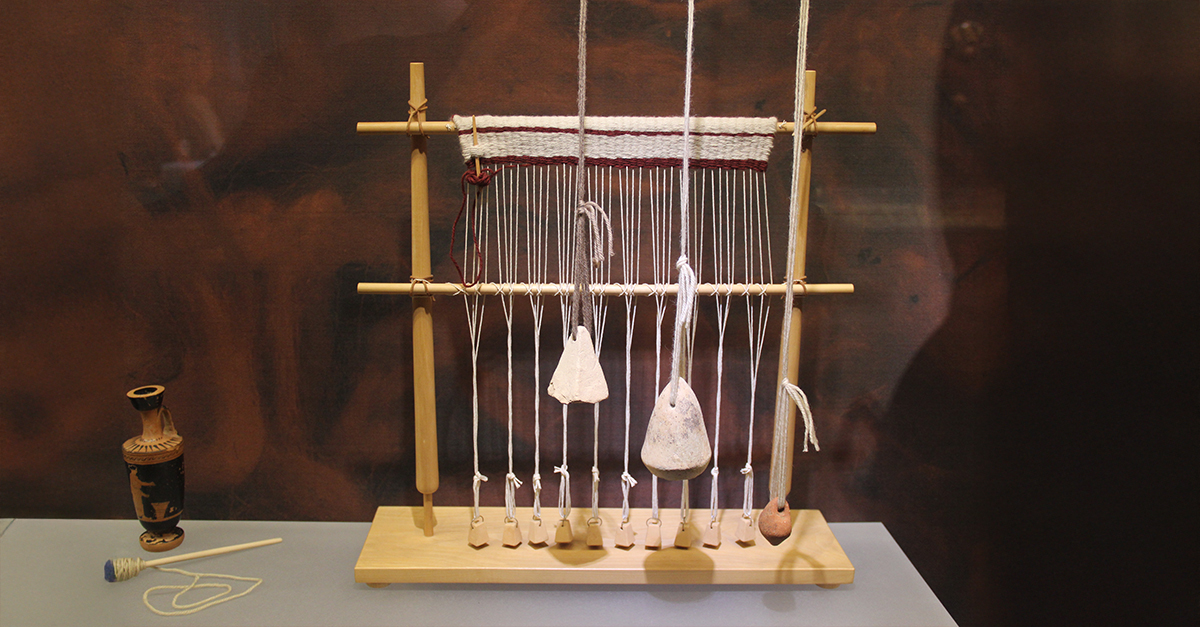On the morning of July 11, 1804, two of America’s most prominent men, Alexander Hamilton and Aaron Burr, faced each other down on the dueling grounds of Weehawken, New Jersey. When the smoke cleared, Hamilton lay fatally wounded, and Burr's political career was in tatters. The duel was the final outcome of a bitter rivalry that robbed the new nation of one of its brightest minds.
A Political And Personal Rivalry
Antagonism between Hamilton and Burr had been brewing for years. Hamilton, a major author of the Federalist Papers and former Treasury secretary, was highly critical of what he saw as Burr’s opportunism and lack of principles. Burr, a Jeffersonian Republican who was at the time Vice president, fumed at Hamilton's constant efforts to thwart his advancement. The conflict escalated in 1804, when Hamilton made scathing remarks that harmed Burr’s already shaky reputation.
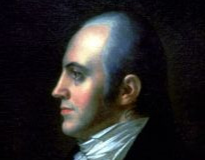 Red devil 666, Wikimedia Commons
Red devil 666, Wikimedia Commons
The Last Straw
The spark that ignited the duel came at a dinner party, when Hamilton referred to Burr as “dangerous” and said he held a “despicable opinion” of him. Burr was still brooding after losing the New York governor’s race, which he blamed on Hamilton’s interference. He demanded a retraction from Hamilton. Hamilton stood by his words. The two agreed that a duel was the only honorable way to settle things. This was technically illegal but still common among gentlemen of that era.
A Tragic Outcome
At dawn, the duel began. Accounts vary on how things exactly unfolded. Some witnesses claimed Hamilton intentionally missed Burr; others said he fired first but had poor aim. Burr’s shot was straight and true; his bullet struck Hamilton in the lower abdomen, damaging the internal organs and lodging in his spine. Hamilton was brought back to Manhattan, but there was nothing they could do. He died the next day at the age of 47.
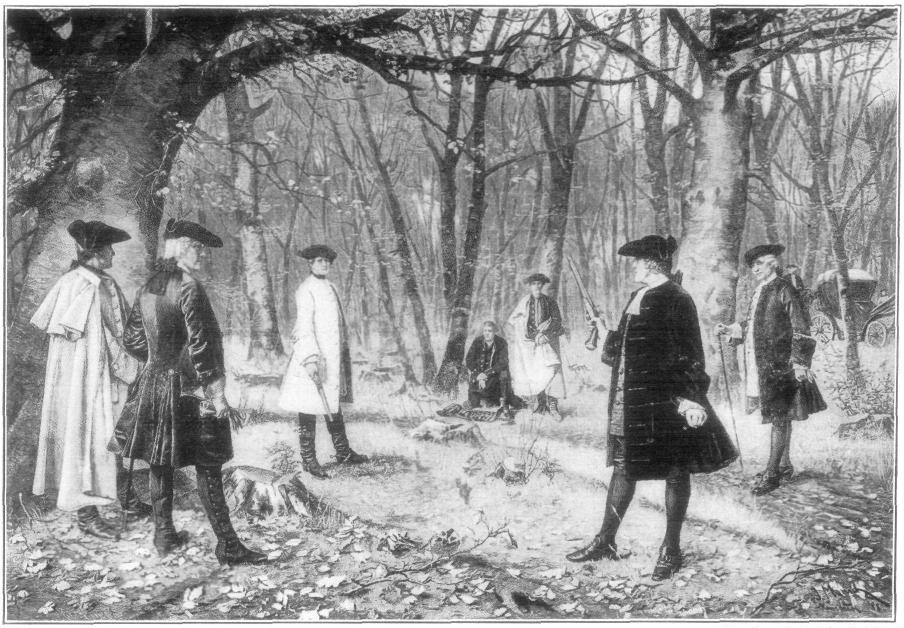 Illustrator not identified. From a painting by J. Mund., Wikimedia Commons
Illustrator not identified. From a painting by J. Mund., Wikimedia Commons
The Beginning Of The End For Burr
Burr was acquitted of murder charges in both New York and New Jersey but found his reputation was now ruined. He finished his term as Vice president in disgrace and later faced treason accusations over a failed bid to establish an independent nation in the American Southwest. Hamilton became a martyr for Federalist ideals, while Burr wound up as little more than a footnote to history. The duel caused a public outcry against duelling.
America’s Lost Genius
Hamilton’s death was a major loss to the United States. As the brains behind the American financial system, Hamilton established the national bank, implemented tax structures, and created a foundation for a strong federal government. His influence helped put the fledgling economy on an even keel. He was no longer in office, but his ideas were still influencing national policy. His early demise was a setback at a crucial time in the country’s history.
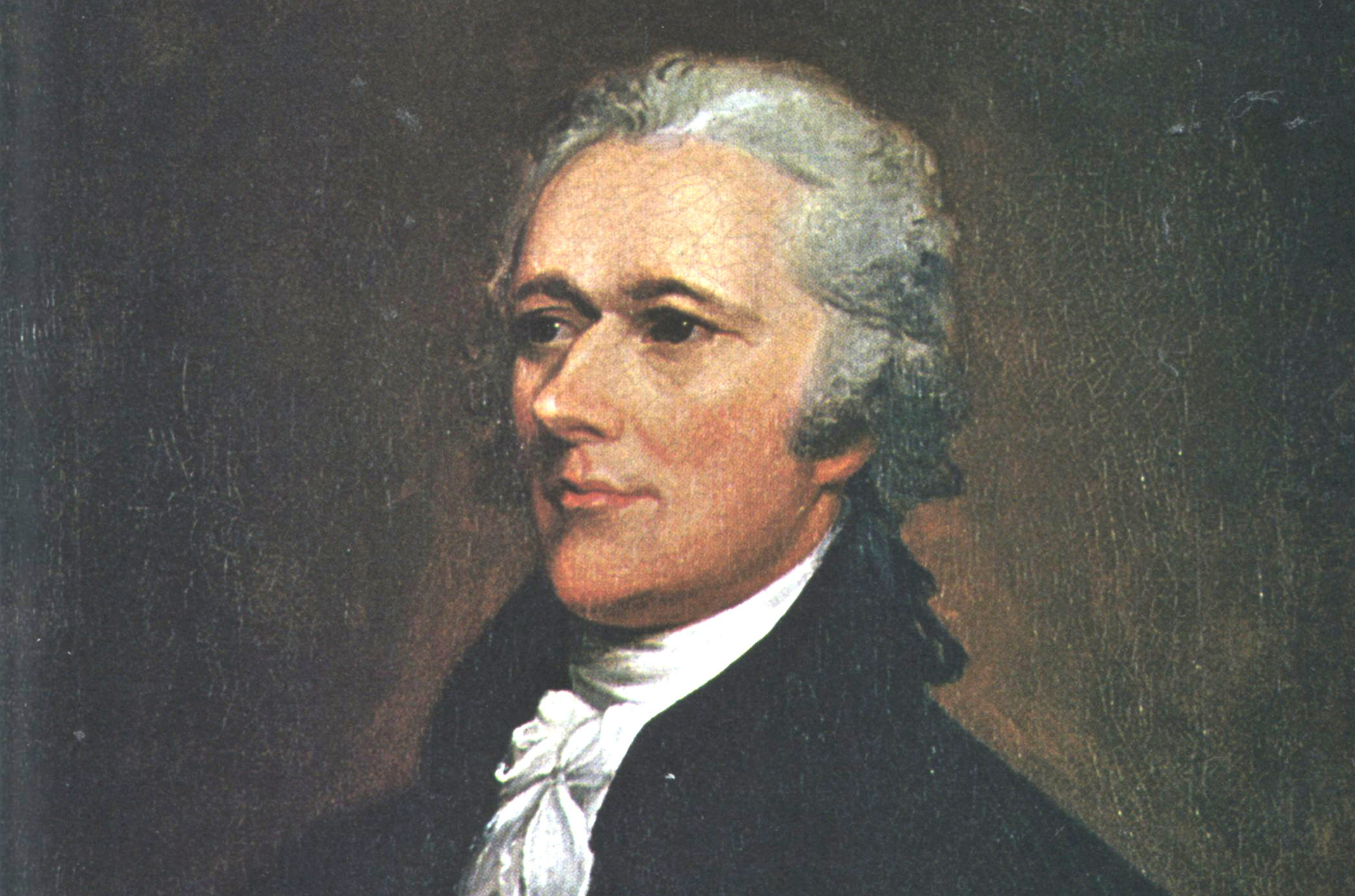 Vitold Muratov- скан и дигитализация., Wikimedia Commons
Vitold Muratov- скан и дигитализация., Wikimedia Commons
The Honor Among Men
The Hamilton-Burr duel illustrates the deadly consequences of pride, political rivalry, and the notion of honor through violence. In hindsight, everybody lost. The duel is still well-known today as a classic example of the volatile political landscape of early America.
You May Also Like:
Agent 355: The Female Spy Who Saved America
Historical Figures Who Died Young

